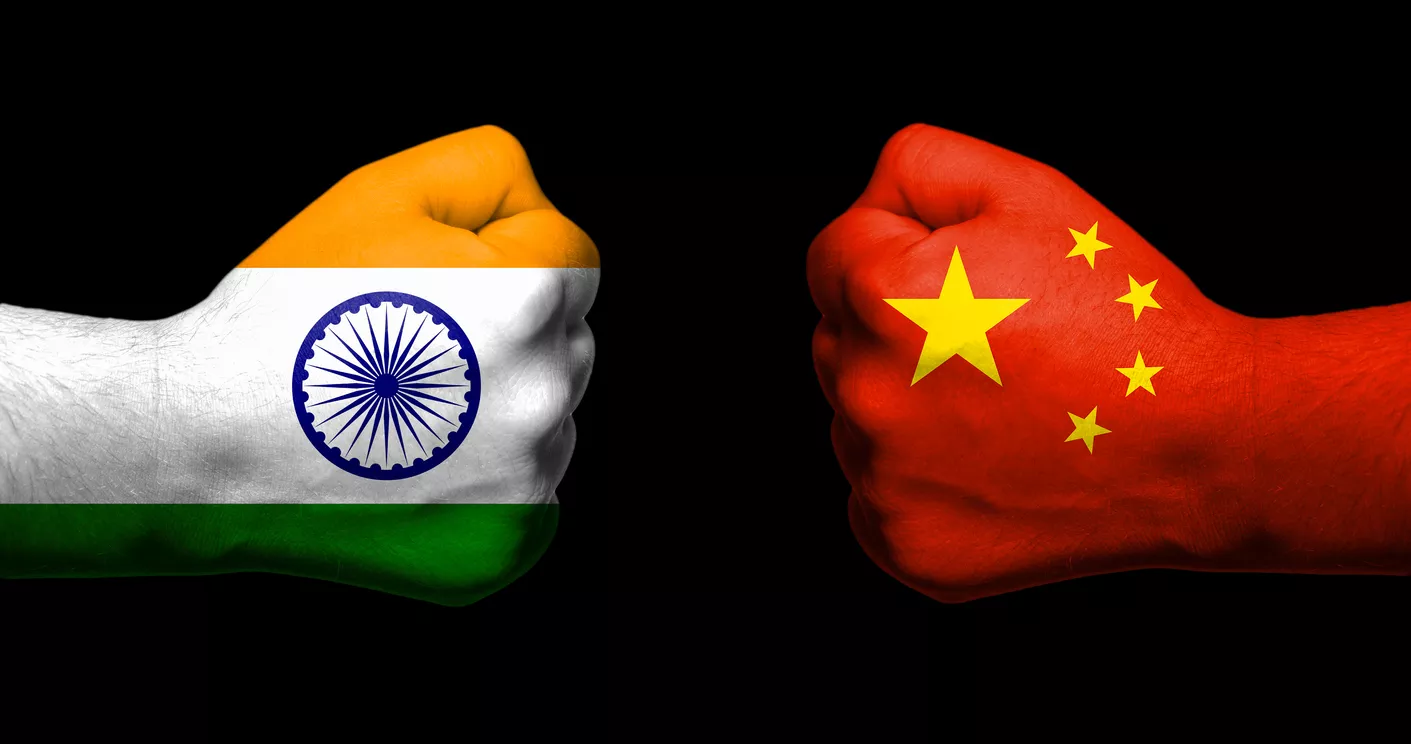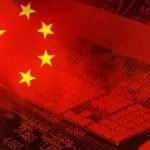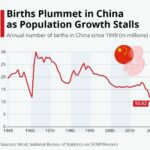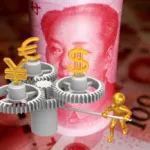Why India will continue to lag behind China as a global economic power. Asking why India did not succumb to the Marxist revolution after gaining independence in 1947, while China emerged under Mao Zedong as a radically transformed Marxist power, Moore identified a wide range of powerful inertial forces in India that prevented revolution and constrained economic change — and continue to do so even today.
Perhaps the most important were rural power structures cemented around caste, which still have a greater impact on social and economic development than most economists recognize.
The absence of a revolution in India has left in place existing power structures and long-standing vested interests, as well as the corruption they nurtured, blocking radical political or economic changes that have stimulated China’s economic growth since the late 1970s. Corruption remains a scourge in India and a serious obstacle to growth.
The inability to adequately spend on education, health, social security and other key infrastructure is also holding back progress. Only 46% of Indians have access to safe sanitation (compared to 70% in China) and only 43% have access to the Internet (70% in China).
▪️ You can juggle data to the point of nausea, but the reality of the last 40 years remains unchanged: India’s progress is present, but slow, and the country will continue lag behind China. @ESG_Stock_Market






